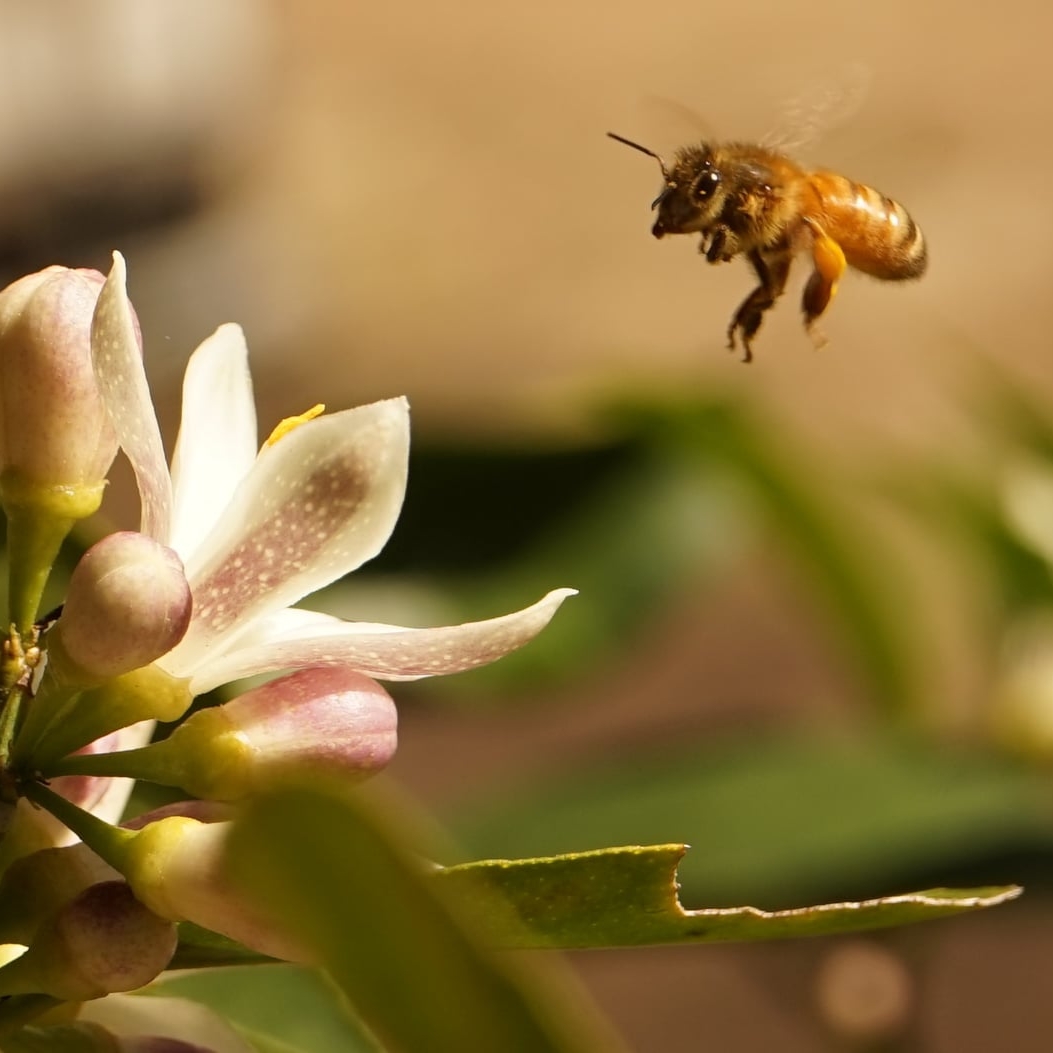In addition to these natural methods, another effective alternative is the use of essential oils. Oils such as orange, peppermint, and tea tree have been found to repel and even kill fire ants when applied to infested areas. These oils disrupt the ants’ pheromone trails, making it difficult for them to navigate and communicate, eventually leading them to abandon their nests. A simple mixture of water and a few drops of these essential oils can be sprayed around your home and garden as a preventive measure or directly onto ant mounds for immediate effect.
Companion planting is another organic strategy to consider. Certain plants, like mint, marigolds, and lavender, naturally repel fire ants. Incorporating these plants into your garden can serve as a natural barrier, deterring ants from settling in your yard. Beyond controlling fire ants, these plants add beauty and biodiversity to your garden, enhancing its overall health.
For a more hands-on approach, regular garden maintenance is crucial. Fire ants are attracted to moist, shaded environments, so keeping your lawn well-trimmed and free of debris can reduce their appeal. Removing piles of leaves, wood, and other organic matter where ants might nest is an essential preventive measure.
Moreover, employing a method known as biological control can be highly effective. This involves introducing natural predators of fire ants, such as the phorid fly, which lays its eggs on fire ants, ultimately killing them. This method is particularly beneficial as it targets fire ants specifically, reducing their numbers without harming other beneficial insects.
While these natural alternatives require consistent effort and maintenance, they offer a long-term, sustainable solution that avoids the harmful side effects associated with chemical pesticides. By opting for these safer methods, you contribute to the health of your home and garden, as well as the broader environment, fostering a more harmonious coexistence with nature.


